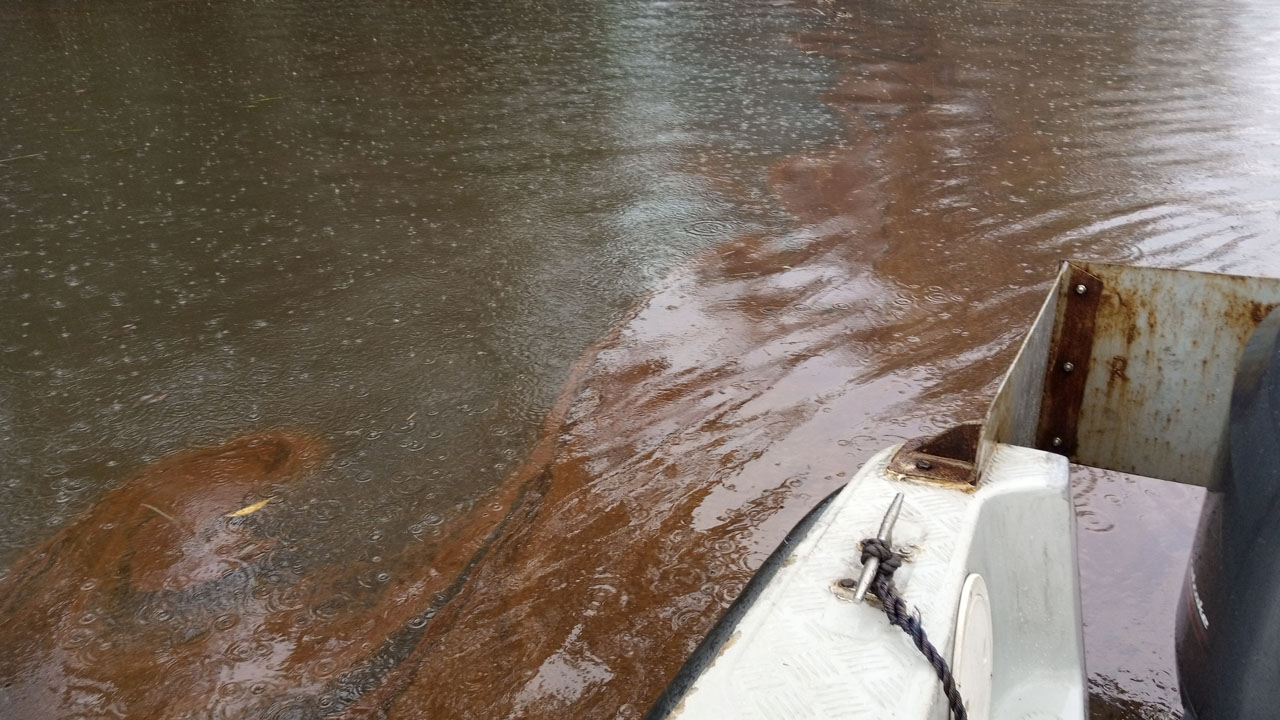
The National Oil Spills Detection and Response Agency, NOSDRA, and National Environmental Standards and Regulations Enforcement Agency (NESREA) have blamed the rising spate of oil spills across the Niger Delta on sabotage and inequalities in the region.
The agencies stated this on Wednesday when a team from civil society organisation, Connected Development (CODE) and an international development organisation Oxfam, paid them a courtesy visit in Abuja.
The visit to the agencies by the CSOs was to collaborate with the government on issues pertaining to the United Nations Guiding Principles on Business and Human Rights (UNGP) which gives a framework on how government and businesses are to protect and respect human rights, including mechanisms that are to be put in place to reduce, mitigate and redress business-related violations.
Speaking during the parley, Director General, NORSDA, Idris Musa, noted that most of the oil spills recorded in the Niger Delta were as a result of sabotage in the system.
According to him, out of the 1086 oil spills recorded in Bayelsa from 2015 till February 2022, 917 were as a result of sabotage, third-party breakage of pipelines with hacksaws or outright blowing up of pipelines.
He said the nation loses about 200 to 300 barrels of oil per day to the menace.
Musa said: “The Eni spill in Bayelsa happened a few weeks back and we constituted a joint investigation visit to the place that indicated that it was a result of sabotage.
“And this is exactly what we have been advocating against that we should put an end to sabotage, wanting the destruction of oil facilities because when this spill happens, three things happen. One, as a nation, we lose revenue, and individuals lose livelihood because the oil will impact on areas where they either fish or farm and then it’s also a loss to the oil company and the environment.
“The environment and ecosystem and it takes more than ordinary to clean up as remedy.
“The best in that kind of environment is to avoid completely any sort of oil spill. Any spillage as a result of the company’s failures requires proper sanction and then proper clean-up and remediation.
“We lose about 200 to 300 barrels of oil because the oil spillage is on daily bases, at least in a day we will record one oil spillage. it is as bad as that and we want to change that narrative.
The DG of NESREA, Prof. Aliyu Jauro said the large-scale theft of crude and related pipeline sabotage in the Niger Delta was as a result of poverty and inequality in the region.
According to him, to combat the menace, transparency and accountability should be adhered to, adding that there must be a holistic approach to eradicating inequalities and poverty in the region
He said: “There is no way we can solve the environmental problems without addressing inequalities. When the level of poverty is high, the inequality will be high and most of these inequalities emanated from the destruction of the environment. When people do not have jobs to do, they engage in oil bunkering. If that is not addressed then we have a lot to do. On climate change, this agency has regulations on control of climate change and we are ready to partner with you in the aspect of environment to ensure that the areas are protected”.
Speaking, Chief Executive Officer of Connected Development (CODE), Hamzat Lawal, said the government must go beyond sanctioning of oil companies involved in human rights violations through environmental degradation.
He said: “We are leading a campaign in collaboration with Oxfam that looks at how we’re going to implement the national action plan on business and human rights. We know that in exploration across Nigeria, there have been incidents of human rights violations and for us, we’re meeting with government regulators to call their attention to this but most importantly to explore how we can collaborate with them to rebuild trust, particularly engaging communities where these resources are domiciled, and then work with the private sector who have been given licence to explore”.
Project coordinator, Fiscal accountability for inequality reduction, Oxfam, Henry Ushie, stressed the need for communities to work with the government to ensure that the net zero emissions target by 2050 is met.
“We are advocating for communities and countries to be environmentally conscious in terms of climate change, adaptation, climate change, resilience and all of that. We want to see how agencies like NOSDRA and NESREA
are making concrete efforts in terms of policy and practice to ensure that we get to that point where we are able to say yes, we are net zero because this goes beyond political commitment”, he added.



